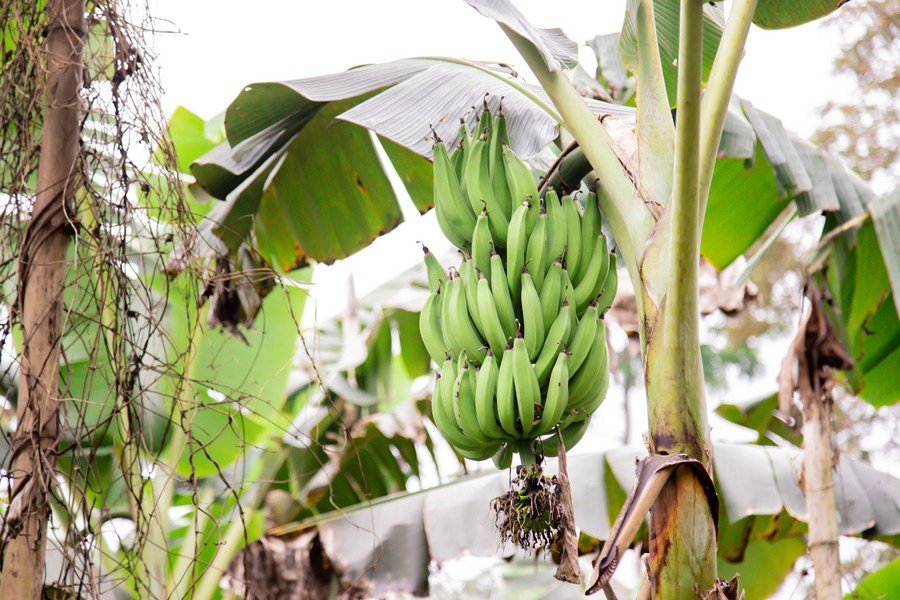In the Southwest Region of Cameroon lies Fako Division, a land blessed with rich volcanic soils, ample rainfall, and a year-round tropical climate. These natural conditions make it one of the most fertile agricultural zones in Central Africa—and at the heart of its agricultural success story is one humble but vital crop: plantain.
A Staple Rooted in Culture and Economy
In Cameroonian kitchens and markets, plantains are more than just food—they’re a cultural symbol, an economic backbone, and a versatile ingredient used in countless traditional dishes. From boiled plantain and njama njama to roasted plantains with peppered fish, the crop features in daily meals across the region.
Fako Division stands out as one of the leading producers of plantains in the country. Towns such as Buea, Tiko, Limbe, and Muyuka are known for their vast plantain farms, where the lush green foliage of plantain trees stretches across hillsides and valleys.
Why Fako Plantains Are Unique
What makes Fako’s plantains so special is the combination of climate, soil, and traditional farming methods. The rich volcanic soils of Mount Cameroon are packed with nutrients that give the plantains a distinctive texture and flavor—firm, starchy, and slightly sweet. This natural advantage, coupled with low chemical input and sustainable farming practices, yields high-quality, environmentally friendly produce.
Farmers in the region often rely on time-tested, organic techniques passed down through generations. Many farms are family-owned, contributing not only to food production but also to livelihoods and rural development.
Harvesting and Market Readiness
Plantains are harvested by hand when they reach optimal maturity, ensuring the best balance of size, weight, and taste. The bunches are then sold locally in markets across the Southwest and beyond—or transported to urban centers like Douala and Yaoundé. In recent years, interest from regional and international buyers has grown, with Fako’s plantains gaining recognition for their export potential.
Challenges and Opportunities
Despite the crop’s popularity, plantain farming in Fako faces challenges such as fluctuating market prices, pest infestations, and poor road infrastructure. However, with increasing government attention to agricultural development and support from cooperatives and NGOs, farmers are finding new opportunities in improved farming techniques, access to better tools, and training in value-added processing.
The rise of agribusiness startups and youth involvement is also reshaping the sector. Many young farmers are embracing plantain farming not just as a way of life, but as a profitable enterprise, contributing to food security and economic resilience.
A Growing Global Demand
As health-conscious consumers around the world turn to natural, gluten-free, and versatile foods, plantains are gaining international appeal. Their use in a variety of cuisines—from African to Caribbean and Latin American—makes them an attractive export commodity. Fako Division, with its ideal growing conditions and skilled labor, is well-positioned to meet this demand.
Conclusion
Fako’s plantains are more than just a crop—they’re a story of heritage, sustainability, and opportunity. As the region continues to balance traditional farming with modern innovation, plantain cultivation remains a vital force in feeding communities, boosting incomes, and connecting Cameroon to global markets.
Whether served fried, boiled, or roasted, every bite of a Fako-grown plantain tells a story of the land and the people who nurture it.

